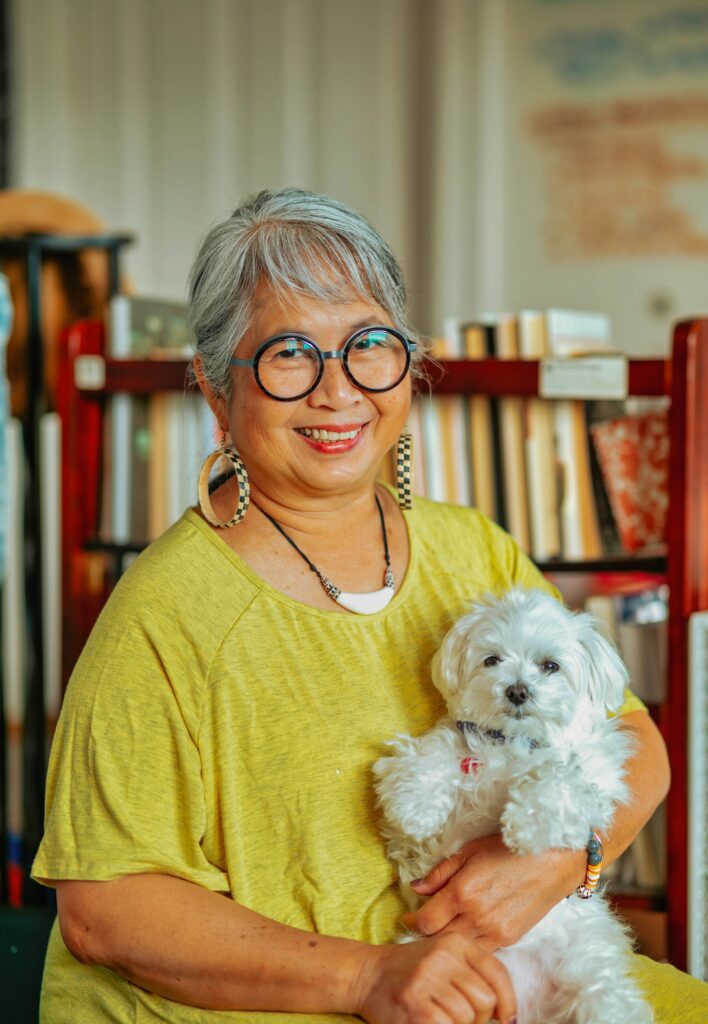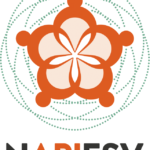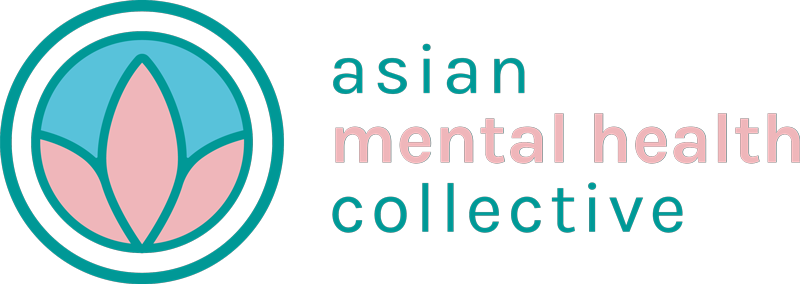
“Where do you come from?” This is the question Nina Jusuf regularly opens her sexual assault trainings with. Jusuf frames her training as a conversation, first delving into the history and culture of the individual, to truly understand the background and upbringing of the group she is training. She then continues by starting a conversation about sexual health and one’s sexuality, breaking down the barriers and stigma that comes with talking about one’s body. Jusuf‘s trainings not only educate on topics around sexual assault, but also allows for exploration of one’s identity and values. With a career that spans from volunteer work to directorship, Nina Jusuf has always taken a stand to help the Asian community expand discussions about sexual assault and domestic violence.
Nina Jusuf started her career in domestic violence and sexual assault as a volunteer through a hotline. She then transitioned into working as a shelter advocate, before serving as executive director of San Francisco Women Against Rape. In 2010, Jusuf met Mira Yusef, the executive director of Monsoon Asians and Pacific Islanders in Solidarity, and the two combined their efforts to form National Organization for Asian and Pacific Islanders Ending Sexual Violence (NAPIESV). Now, NAPIESV provides training and technical assistance regarding sexual assault issues for organizations serving the Asian community all across the world.
During our interview, Jusuf continually emphasized the importance of the intersectionality between one’s sexuality and their culture, immigration status, as well as economic status. Regarding the Asian community, culture and tradition play a big role in one’s views towards sexuality and sexual assault. Topics of sexuality and assault are taboo and there are many values about “saving face” ingrained into many of their upbringings . There may also not be specific words or terms in certain cultures that describe the sexual violence that occured.
“Part of the culture is not to report assault or bring shame to the family,” Jusuf added. From a young age, most children are taught to respect and listen to their elders, a virtue also known as filial piety. Jusuf says that this filial piety may have some ties to Asians and the prevalence of sexual violence. A seemingly innocent demand like, “Come sit on my lap” from an adult in the family could have future consequences if children are not typically able to say no and have not learned the concept of consent. Although there are aspects of “saving face” and “not reporting” in other cultures, internalization of these cultural values is also a reason it is more prominent in Asian culture. Current sexual violence discourse is not inclusive enough for the Asian community. Being able to understand the subtleties of Asian culture and tying that in to helping sexual assault victims is NAPIESV’s main objective.
An important aspect of NAPIESV training, is the emphasis on cultural diversity and tailoring the conversation and approach to match the individual’s background. NAPIESV collaborates with many organizations to further the cultural aspect of treatment. An example of this is how the New Mexico Asian Family Center approaches the start of a conversation about sexual assault by having a “rest circle” or “tea time” gathering. This allowed for a sense of familiarity and comfort, especially before a conversation that could contain uncomfortable topics and potential triggers. Jusuf also described an example of a grief exercise, where she pointed out that “the Chinese believe grief is stored in our lungs, which results in our chest feeling heavy.” During her exercise, she would bring in Chinese beliefs and exercises, like tai chi, to adapt for the individuals in that demographic. Jusuf mentioned that one’s body manifests our emotions in other physical symptoms and she tries to find ways to release those emotions.
Jusuf ended the interview by speaking about ways to create a supportive community for survivors. She highlighted the significance of “collective strength” and creating a safe space not only to share about sexual violence, but to share life experience and a sense of community. “The first step is to listen,” Jusuf explained. The main goal for sexual violence survivors is healing and to be able to describe what happened to them. Healing has no particular timeline and being able to adapt to each person’s healing journey is crucial. “Be comfortable with sitting in silence and being patient with them. Become a friend and walk with them in their healing journey,” Jusuf said.
LINKS TO ORGS:

** We would like to extend our gratitude to Ms. Nina Jusuf for participating in this interview and allowing our organization to highlight the amazing work NAPIESV is doing for the Asian community.

